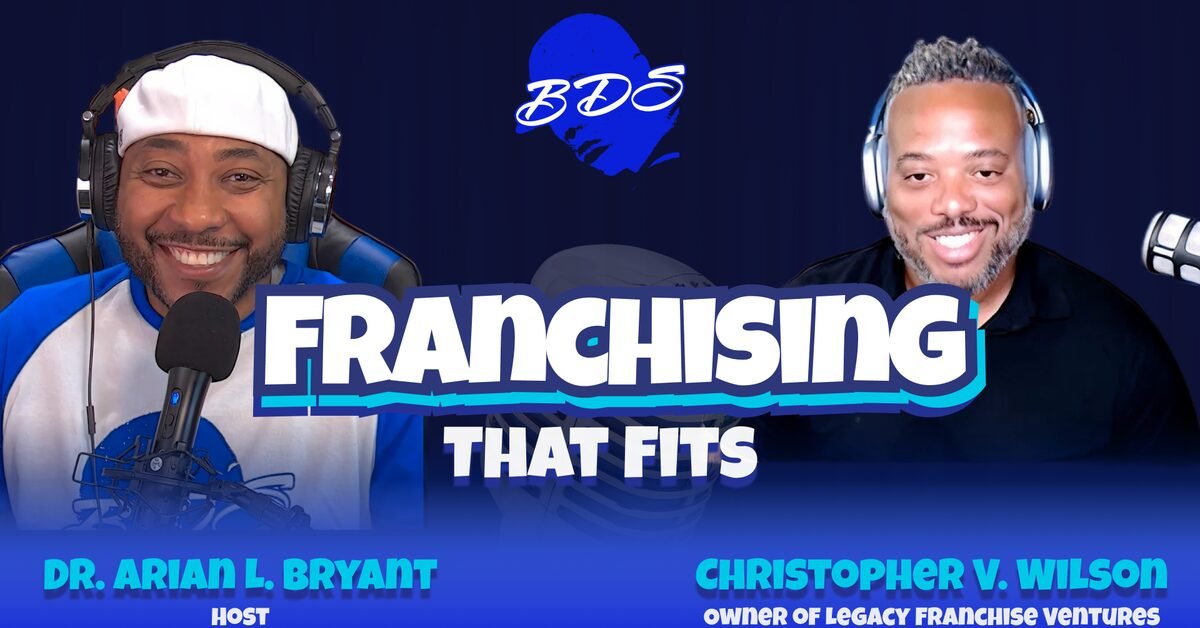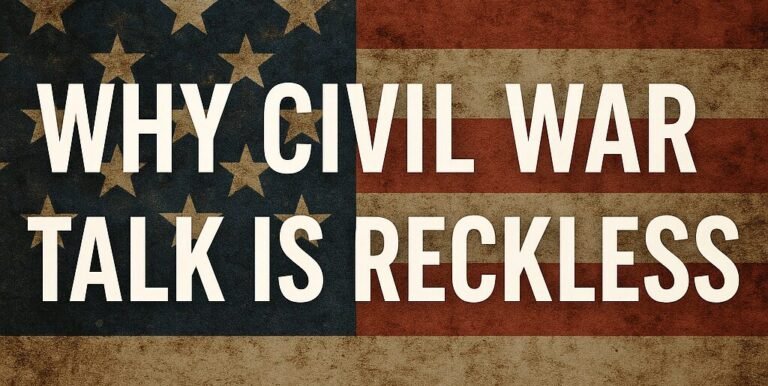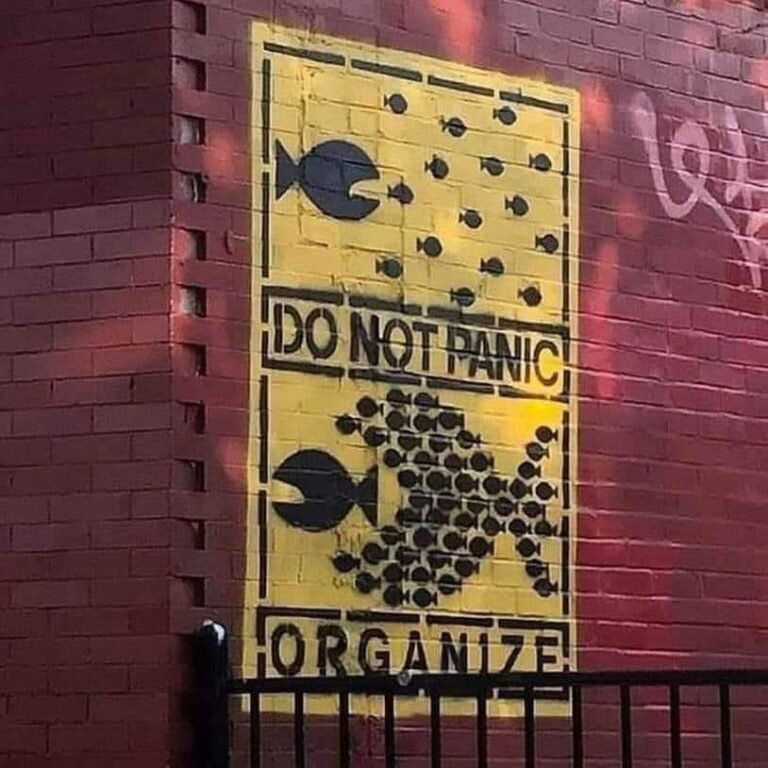Franchising and Economic Freedom
This past Sunday I did what many of us love to do when the work week finally lets go of our shoulders. I ate well. I stopped by the Oviedo Food Factory and tried a new spot called Tacos My Guey. Let me tell you, those tacos were the kind of good that makes you pause mid-bite and reconsider your whole week. Sitting there, savoring the flavors, I thought about how food businesses like this are more than just meals. They are dreams turned tangible, economic lifelines for families, and powerful reminders that ownership can transform communities.
That is where today’s subject connects. Beyond the joy of tacos, there is a bigger conversation to be had about why historically marginalized communities need to think seriously about building businesses of their own, businesses that can scale, thrive, and even reach million-dollar levels. In a moment when corporate jobs feel less secure and political currents run hostile, franchising is a strategic path toward independence and generational wealth.
The Landscape of Work is Shifting
The American workplace is undergoing a dramatic transformation. Corporate downsizing, outsourcing, and political efforts to purge minorities from both public and private employment are eroding stability for historically marginalized groups. For many, the promise of climbing the corporate ladder has turned into a precarious balancing act. Yet within this uncertainty lies an opportunity: building businesses that create wealth, stability, and autonomy outside the control of employers who may not have our best interests at heart.
Franchising, often misunderstood as the exclusive domain of fast-food giants, offers a powerful path toward this economic freedom. Christopher V. Wilson’s story illustrates why entrepreneurship through franchising can be particularly transformative for communities pushed to the margins.
From Job Insecurity to Ownership
Chris began his career in technology sales and engineering, thriving until corporate restructuring left him laid off. That experience, he explained, was a wake-up call. It wasn’t about performance, but the cold reality of outsourcing and corporate profit strategies. That moment reshaped his vision: no longer would he leave his livelihood entirely in someone else’s hands.
Instead of waiting for the next pink slip, Chris invested in a Club Pilates franchise. His studio became one of the top ten in the country out of more than 600 locations. He went on to build multiple salon franchises in Orlando before founding Legacy Franchise Ventures to help others pursue ownership. His journey is not just one of personal triumph it’s a model for how economic independence can be built even when the traditional workplace becomes hostile.
Breaking Myths About Franchising
One of the biggest misconceptions is that franchising requires a million dollars in capital and a background in food service. Chris thought the same until he discovered otherwise. There are franchises in fitness, senior care, beauty, wellness, home services, and beyond, many of which require investments as low as $40,000 to $50,000.
More importantly, franchising is not about reinventing the wheel. It’s about plugging into systems that already work. As Chris put it, places like McDonald’s success isn’t based on selling the best burger…it’s the infrastructure, the brand recognition, and the finely tuned processes that make it a global powerhouse. That same principle applies whether you’re running a salon suite or a plumbing service.
For marginalized groups often locked out of elite business networks or denied access to insider capital, franchising provides a proven framework with built-in support.
The Barriers Are Real – But Surmountable
Chris doesn’t sugarcoat the obstacles. Access to funding remains a major hurdle, especially when racial bias can lurk behind loan applications. Fear of failure, community skepticism, and the pressure of personal guarantees can make the leap into ownership daunting. Yet as Chris emphasized, the skills many professionals already possess such as communication, management, strategic thinking, which are all transferable. Too often, people underestimate how much they already know about running part of a business simply from their corporate careers.
What bridges the gap is grit, a willingness to learn, and the right guidance. Franchise consultants like Chris play a crucial role, narrowing thousands of options to the handful that truly fit someone’s budget, skills, and lifestyle. Consultants, paid like real estate agents from the franchisor side, often increase the chances of long-term success without adding cost to the entrepreneur.
Purpose Beyond Profit
For Chris, franchising isn’t only about wealth, it’s also equally about service and giving back. His earlier businesses in fitness and beauty created spaces where people improved their health, confidence, and community connections. His work with Phi Beta Sigma Fraternity Incoporated and his broader outlook reflect a philosophy of purposeful entrepreneurship: using business not only to generate income but also to uplift others.
As I reflect on what’s happening in the larger soci-political contact…That ethos is vital for historically marginalized groups. When employment discrimination tightens, entrepreneurship becomes more than a career option; it becomes a survival strategy and a vehicle for empowerment. Building a business means creating jobs, keeping dollars circulating in our communities, and modeling independence for the next generation.
A Call to Action
The lesson here is clear: we cannot wait for corporate America or public institutions to secure our futures. These communities simply cannot reply on these moving forward given it is so easy for them to be discarded when it is …politically convenient. In an era of political hostility and economic precarity, economic freedom must be seized, not granted. Franchising offers a pathway where proven systems meet personal drive, and where historically marginalized communities can stake their claim in the economy on their own terms.
Chris’s advice is straightforward: start earlier than you think, don’t underestimate your network, and remember that cash still remains tan important factor. You don’t need to invent the next Silicon Valley app to build generational wealth. Sometimes the opportunity is right in front of you, painted on the sign of a business you pass every day.
The future for marginalized communities depends on shifting from dependency to ownership, from being employees vulnerable to purges to being employers who create opportunity. That shift begins one business at a time.
Reflective Questions
- How would economic and political dynamics shift if more historically marginalized groups built million-dollar businesses within their communities?
- What steps can you take – right now – to explore entrepreneurship as a form of economic self-defense and empowerment?
If this blog has sparked your curiosity, I encourage you to watch the full interview with Christopher V. Wilson on the Boogie Down Scholar YouTube channel for deeper insights into franchising, ownership, and building purposeful wealth.







